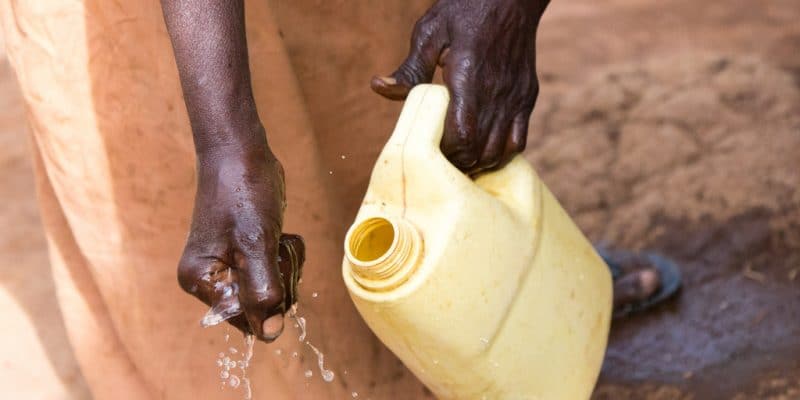In the coming weeks in Kenya, the fight against Covid-19 could intensify. The European Union (EU) and its Member States have just provided €1.8 million (211 million Kenyan shillings) in support to Kenya. This response targets close to 120,000 people in the counties who do not have access to safe drinking water and hand-washing facilities.
Kenya has just received a boost to limit the spread of the coronavirus pandemic. The package is worth €1.8 million, the equivalent of 211 million Kenyan shillings. The funds were provided by the European Union (EU) and three of its Member States. These include Denmark with 150 million Kenyan shillings (almost €1.3 million), Finland and Sweden, which raised 33 million Kenyan shillings (over €285,000). The EU invested 28 million Kenyan shillings (over €242,000). This investment follows a declaration by the EU institutions on April 7, 2020, announcing the release of almost 130 million Kenyan shillings (€15 billion) to help developing countries fight Covid-19.
The funds were handed over to the Kenyan government. The government is expected to provide an additional 200 million Kenyan shillings (more than 1.7 million euros). The total investment will then amount to 411 million Kenyan shillings (over ‘3.5 million). The money will be used to improve access to water at Covid-19 hot spots and potential clusters in 25 counties across the country. These include shopping centres, health facilities, police stations, barracks and prisons. Kenya’s new water and sanitation programme will benefit 119,000 people.
The programme will last at least six months
Kenya’s response programme against Covid-19 will run until September 2020. Action by the Kenyan authorities will focus on the construction of communal handwashing facilities in strategic areas and the distribution of soap. Also as part of the response programme, the Government of Kenya plans to promote sanitation and hygiene.
Those responsible for implementing these actions will be water works development agencies, county governments and their water service providers, public health officials, community health workers, volunteers or social mobilizers, non-governmental organizations (NGOs) and community-based organizations (CBOs).
The officers will work mainly in low-income areas that have not yet benefited from water since the introduction of Covid-19 in Kenya. They have been selected together with water service providers and county public health offices based on a mapping of low-income urban areas and their level of access to water and sanitation.
Inès Magoum






